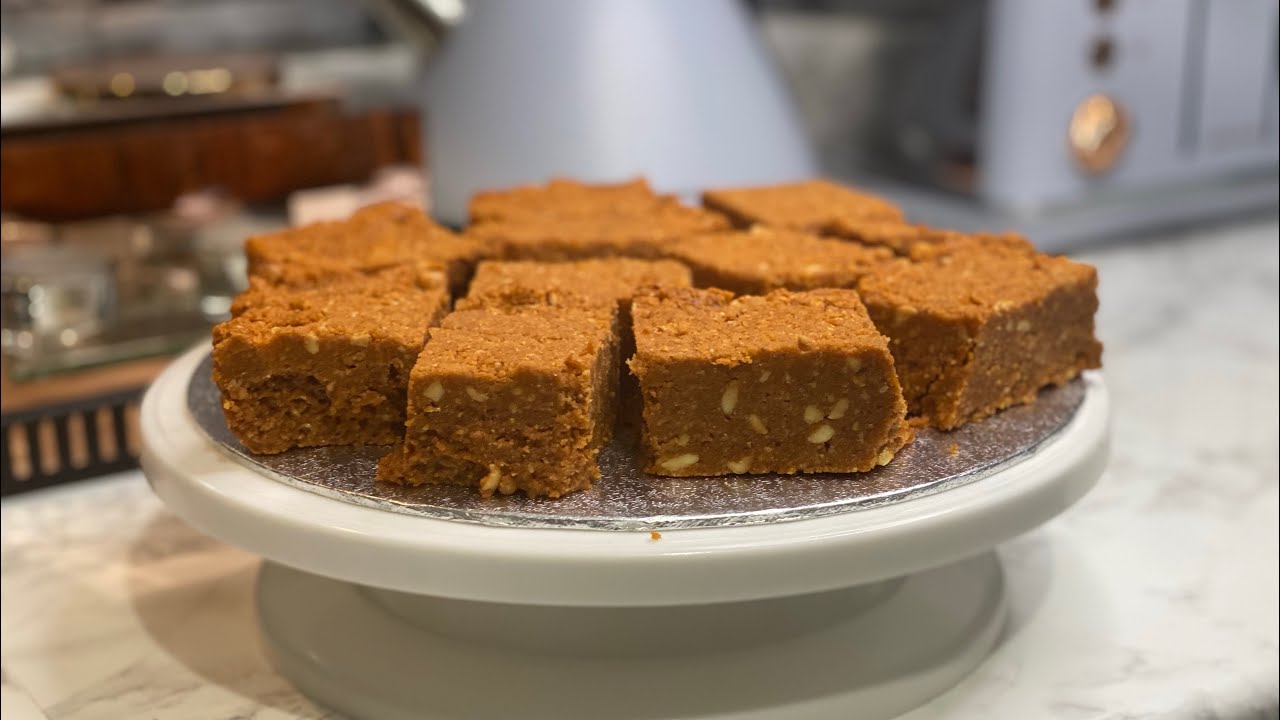The beautiful and historic Dire Dawa city of Ethiopia
Dire Dawa (Amharic: ድሬ ዳዋ, Oromo: Dirre Dhawaa), nestled in eastern Ethiopia near the border of Oromia and Somali Regions, is one of Ethiopia’s two chartered cities, alongside Addis Ababa. Originally under Oromia’s administration, Dire Dawa became a federally administered city in 1993. Divided into two woredas—the urban city proper and the non-urban Gurgura woreda—it lies along the Dechatu River, encircled by cliffs, with its western outskirts touching the Gorro River, a tributary.
As an industrial hub with bustling markets and the Dire Dawa Airport, the city is a vibrant center of commerce and culture. With a projected population of 440,000 for the entire chartered city and 277,000 for the city proper as of July 1, 2015, Dire Dawa ranks as Ethiopia’s seventh-largest city. Beyond its modern significance, Dire Dawa is a gateway to historical treasures and a melting pot of culinary and cultural traditions. This article explores the city’s historical attractions, vibrant culinary scene, and tips for visitors as of June 12, 2022.
Tips on what to try in Dire Dawa

Dire Dawa is a city where people from all nations and nationalities of Ethiopia live together harmoniously. Every town/city in Ethiopia has its cuisines that are so delicious and mouthwatering to even look at; Dire Dawa got her own too. Those foods in Dire Dawa are adopted by foreigners, but they are so deeply rooted in the city’s identity that they are considered cultural food items. It is not unusual site to see the city’s gorgeous ladies take a stroll in the lively walkways, especially in the afternoon while enjoying these delicious treats. Some of these delicious treats are - Baklava, Mushabbak , and Halawa.
- Baklava

- Mushabbak

- Halawa

Tips for Visitors to Dire Dawa
- Explore the Markets: Visit the Taiwan and Kefira markets for a vibrant mix of spices, textiles, and local crafts. Bargaining is common, so engage with vendors for an authentic experience.
- Walk Magala District: Stroll through Magala’s colorful streets to admire colonial-era architecture and sample street food like sambusas (savory pastries).
- Visit Historical Sites: Plan day trips to Harla Village and Qal’ad for a deeper understanding of Dire Dawa’s historical significance. Hiring a local guide (available through tour operators in Dire Dawa) enhances the experience.
- Enjoy Afternoon Strolls: Join locals in the afternoon to experience the city’s lively atmosphere, especially around cafes serving baklava and mushabbak.
- Respect Cultural Norms: Dress modestly when visiting religious sites like mosques in Qal’ad or Harla. Always ask permission before photographing people or sacred places.
- Try Local Transport: Use bajaj (three-wheeled rickshaws) to navigate the city affordably, with fares typically 10–20 birr for short trips.
- Attend Cultural Events: If visiting during holidays like Timkat (Epiphany) or Eid, participate in local festivities to experience Dire Dawa’s multicultural spirit.
- Top 16 of the most beautiful places to visit in Ethiopia
- Tourist attraction sites in Dire-Dawa city: Historical Buildings
- Tourist attraction sites in Dire-Dawa city: Historical towns and villages
- Tourist attraction sites in Dire-Dawa city: Prehistoric caves













